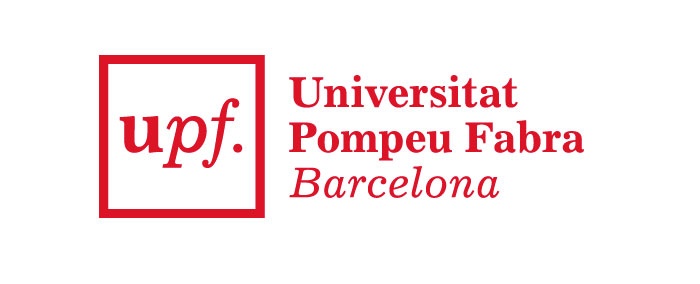Descripción del proyecto
The simulation of skin treatments, such as wrinkle or acne removal, is a problem with practical applications in the field of cosmetics and aesthetic medicine. This problem is often tackled in two steps: first, the region to be treated is detected on an image. Then, this region is replaced with simulated treated skin. Deep learning offers the potential to advance both problems through the use of modern segmentation and inpainting architectures. However, the deployment of these techniques in an augmented reality setting, where these algorithms have to run in real time in mobile devices, represents a challenge.
In this thesis, we will develop lightweight architectures that simultaneously tackle the segmentation and inpainting problems, and optimize them to allow real-time inference on mobile devices. To achieve this, we will take advantage of the capacity of Crisalix to capture, annotate and process large amounts of data involving human faces and bodies. The outcome of this thesis will be integrated in the company product, an intelligent tool to assist professionals in plastic and cosmetic surgery.
The project will be carried in cooperation with the following: – Crisalix, in Barcelona – Researchers from the Image Processing for Enhanced Cinematography group and the Intelligent Multimodal Vision Analysis group (previously Image Processing and Computer Vision group), of the Department of Information and Communication Technologies of the Universitat Pompeu Fabra The scientific advisor at UPF will be Dr. Josep Blat from the Image Processing for Enhanced Cinematography group and Dr. Coloma Ballester from the Intelligent Multimodal Vision Analysis group. The responsible on the company side will be Dr. Gil Triginer.



